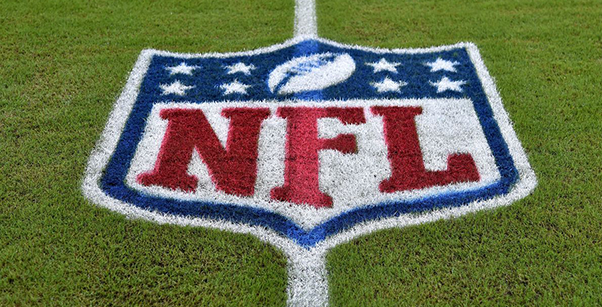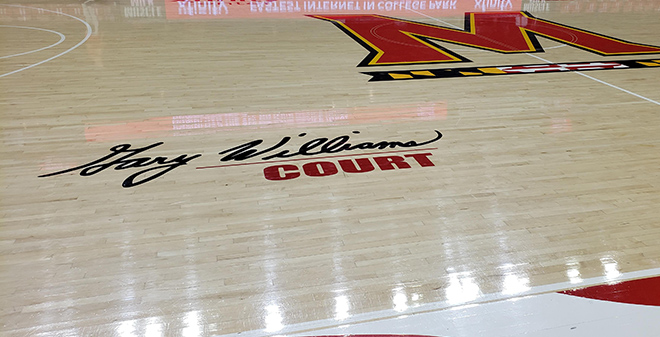Deontay Wilder’s career is on the line when he steps in the ring on Saturday to fight Zhilei Zhang.
Wilder’s career has been downward since the trilogy with Tyson Fury.
The series’ sheer brutality has zapped Wilder of the borderline over-the-top aggression that made him great. Since his fights with Fury, he’s also chosen to have long layoffs (a year or more) between fights.
Wilder’s decision to transition from a power puncher to a more strategic boxer, coupled with his long breaks between fights, has significantly altered his performance. This shift in approach was evident in his loss to Joseph Parker.
Wilder (43-3-1) looked tentative in his fight against Parker, partly because his corner continued to have him circle the ring using feints to help him with his jab.
Once Parker realized he wasn’t fighting the Wilder who knocked guys out, he got very comfortable in the ring. He knew he could control the fight and be the aggressor.
Wilder’s warrior mentality was absent, which raises the question of whether he can be a winning boxer and main attraction while trying to box like a welterweight.
Ironically enough, Zhang’s (26-2-1) last loss came to Parker, but the two fights didn’t look the same.
Zhang’s strategy of being the power puncher was in full force. He sent Parker to the canvas twice (in the third and eighth rounds) in the majority decision loss, showcasing his unique approach.
It was a far cry from Wilder’s attempt to out-technical Parker.
It’s why this fight is Wilder’s last stand. Not only did it hurt Wilder that he lost a fight in which he was an 8-1 favorite, but it’s also how he lost it.
Circling the ring standing straight up and down isn’t going to pay the bills for Wilder. He can’t be effective fighting that way. He has to be himself. He has to be on the border of being an out-of-control wild man.



